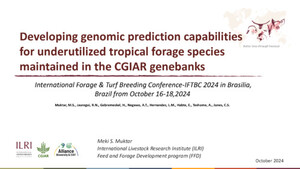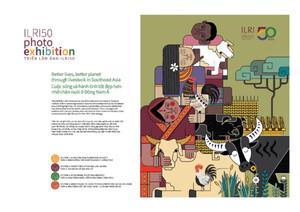
The contribution of integrated crop–livestock systems in combatting climate change and improving resilience in agricultural production to achieve food security
Abstract
This chapter illustrates through a contrasting set of examples how current crop–livestock systems contribute to the food security and diverse diets of smallholder livelihoods. It also highlights how farmers use these systems to cope with a variable climate. The chapter provides a short overview of analyses and approaches focusing on climate change and mixed crop–livestock systems in recent scientific literature. It also presents analyses that quantify how in crop–livestock systems food security and dietary diversity are being shaped. The chapter then reviews analyses of short-term climate variability coping strategies that farmers currently apply in mixed crop–livestock systems, as well as highlighting adaptation options to climate change in mixed farming systems. It concludes by consolidating these findings to provide a review of the resilience of mixed crop–livestock systems in the face of existing and future climate variability.
Citation
Wijk, M.T. van, Hammond, J., Fraval, S., Wichern, J., Ritzema, R. and Henderson, B. 2020. The contribution of integrated crop-livestock systems in combatting climate change and improving resilience in agricultural production to achieve food security. IN: Deryng, D.(ed). 2020. Climate change and agriculture. Cambridge, UK: Burleigh Dodds Science Publishing.









